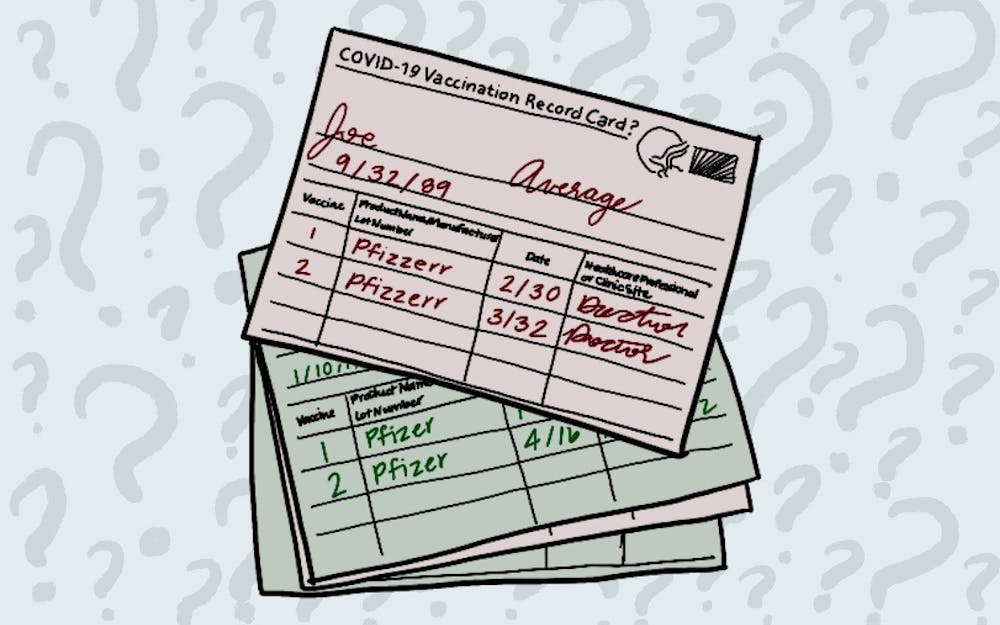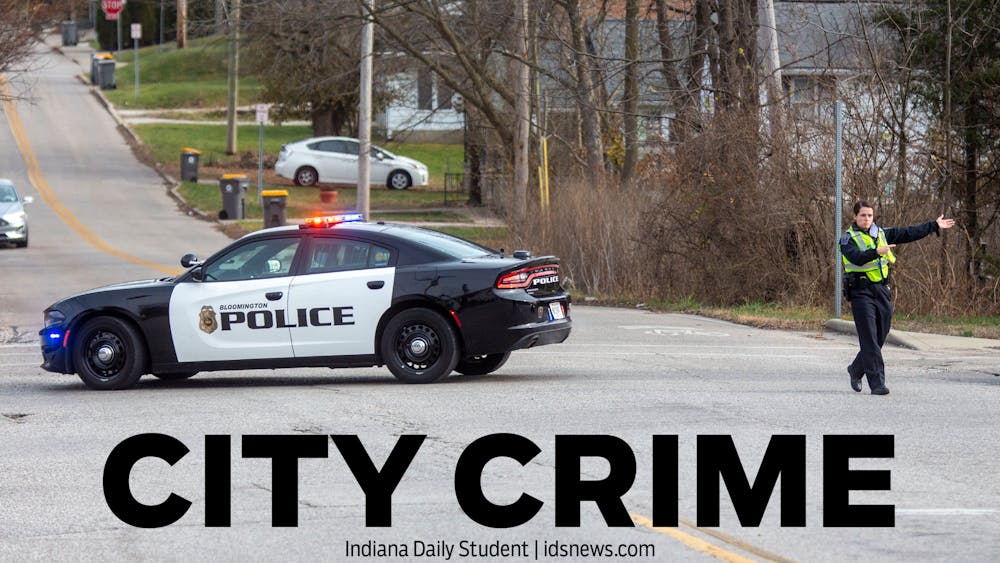An NFL agent estimated approximately 10-15% of players currently have fake COVID-19 vaccination cards and more are trying to get them.
NFL players are not required to get vaccinated for COVID-19, but unvaccinated players face more restrictions than their vaccinated teammates. Unvaccinated players are tested for COVID-19 daily compared to vaccinated player’s weekly tests. They also have more social distancing requirements and can be fined for attending social events such as going to bars or clubs with more than 10 people. Unvaccinated players are also required to wear masks in team facilities and on sidelines during games.
Fake vaccine cards could cause our country to regress in its efforts to end the COVID-19 pandemic.
Unvaccinated NFL players with fake vaccine cards are treated like vaccinated players. Although the players are unvaccinated, they would be allowed to follow the vaccinated player protocols, putting their teammates and others at risk.
The more contagious delta variant of COVID-19 makes unvaccinated NFL players receiving fake vaccination cards more dangerous. An unvaccinated NFL player with a fake vaccine card does not have to wear a mask when they are around other teammates, so they have no protection against a contagious virus.
Players who contract COVID-19 will have to miss games. If they are an essential player on their team, this hurts their team’s chances at making the playoffs and possibly making a run at the Super Bowl title.
If a player fakes being vaccinated, they would have less restrictions on social distancing, so they could potentially infect other teammates if they have not had their weekly test yet and are asymptomatic. Multiple players being unable to play because they have COVID-19 would negatively affect the team’s performance.
Less restrictions on social distancing also means players with fake vaccine cards would be allowed to go out to social events at bars and clubs and infect other people they could come into contact with at these events.
Professional athletes are role models for many people. People who are against vaccines may see the reports of NFL players using fake vaccination cards and then try to do the same. People faking vaccination statuses could potentially cause more outbreaks, overwhelm hospitals and regress our progress to end the pandemic.
The NFL should implement a verification process for players that are vaccinated and give recommendations for red flags to look out for on vaccine cards.
A verification process could include seeing if the card is filled in by hand. This is the most common way physicians fill in vaccination card information, Dr. T. Tashof Bernton said to VeryWell Health.
The process could also include checking the dates to ensure the doses were administered at the appropriate times. If the dates don't follow CDC guidelines, the vaccination card is probably fake.
Teams should invite health care providers to do onsite vaccinations, or have pre-approved locations or physicians to administer vaccinations. If a player had a vaccination card with a physician’s name or location that does not match, then a fake vaccination card would be easily identified. NFL teams could also have documentation of physicians’ signatures to compare to players vaccination cards to ensure that there are no forged signatures.
Although this seems like a small issue, this additional protocol can help keep players safe and ensure that NFL players have a full season. This will help people like their families, friends and NFL employees stay safe knowing that their vaccination status is verified.
Cassie Golden (she/her) is a sophomore studying psychology and counseling. She is involved in the Marching Hundred, Marching Hundred Student Organization and psychology club.






